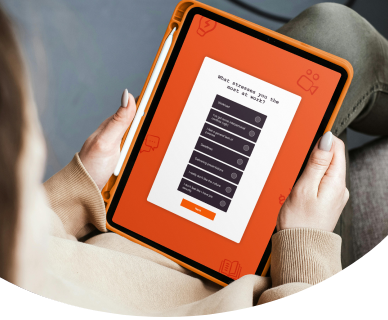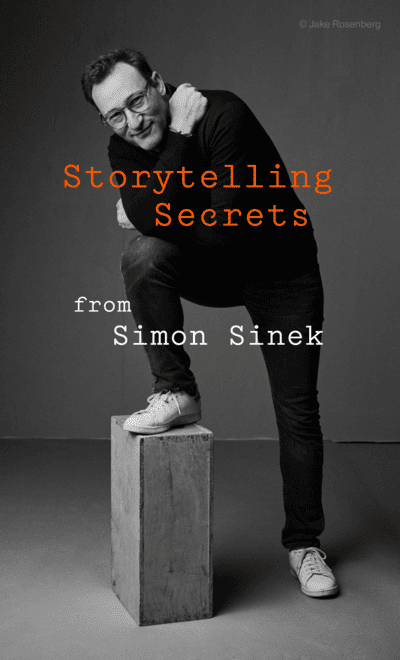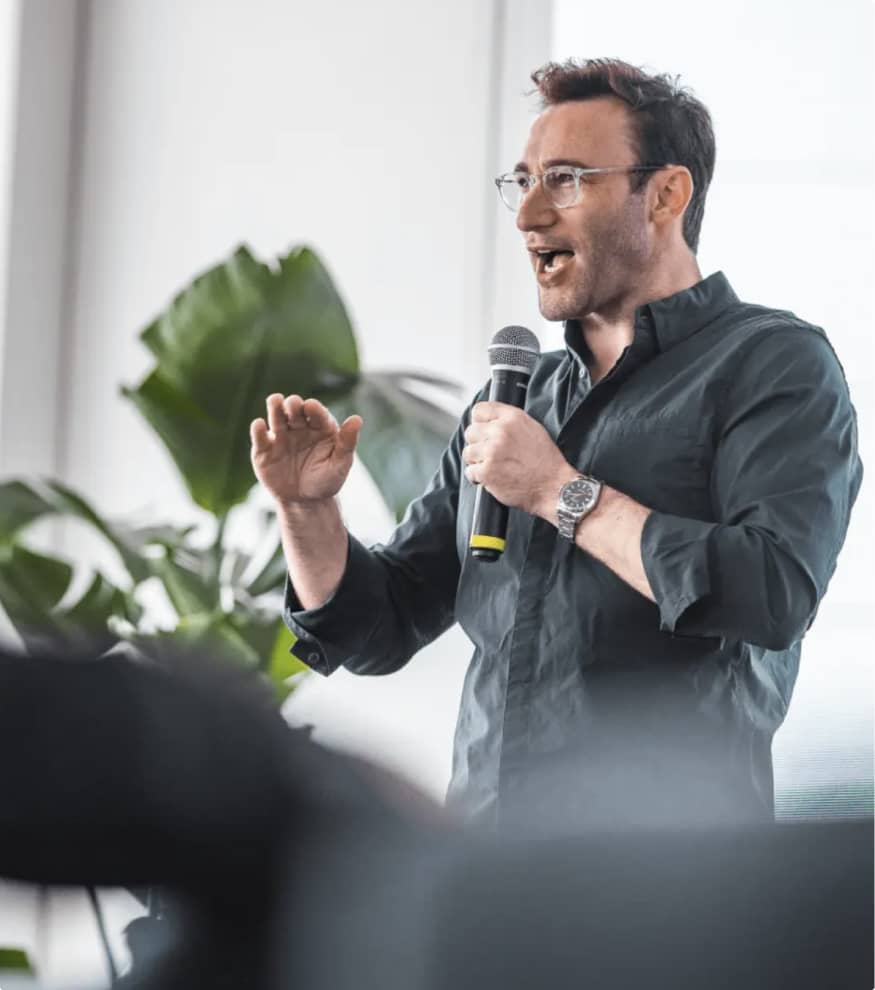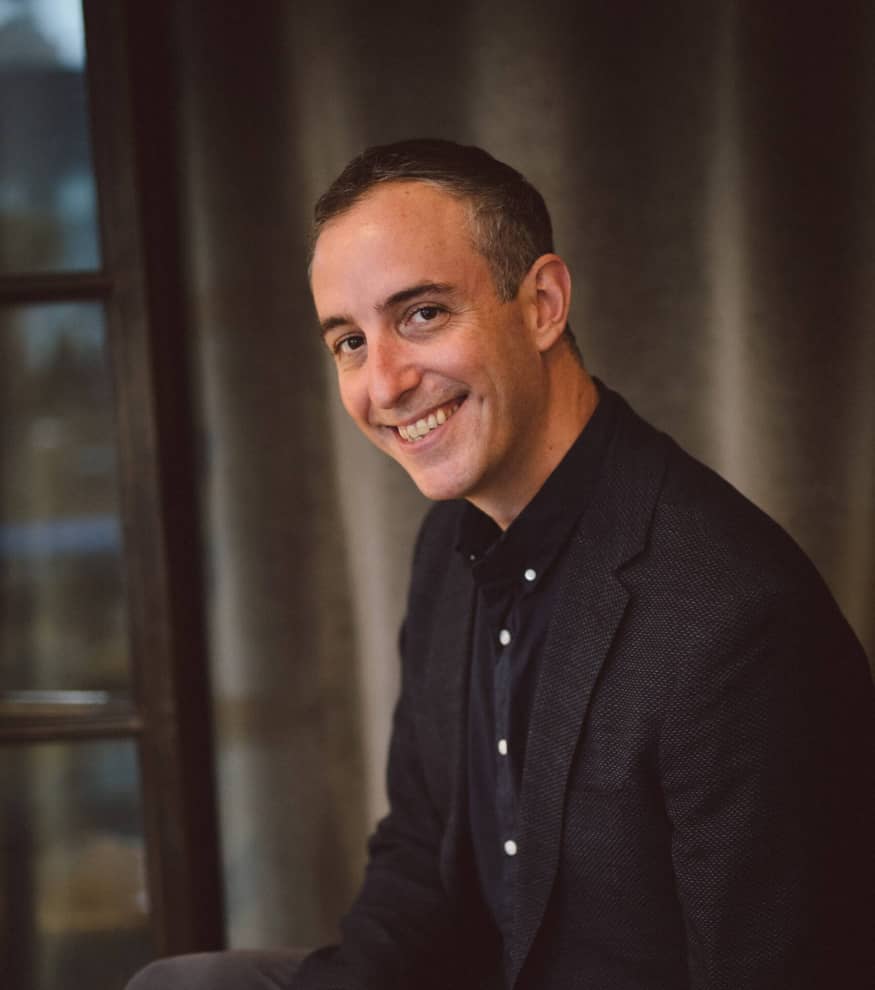There’s a scene that plays out in conference rooms across the world every day. A middle manager sits at the table while their boss asks a challenging question. The entire room turns to look. In that moment, despite not having a clear answer, the manager nods confidently and begins crafting a response that sounds plausible but isn’t entirely honest.
Sound familiar? It happens more often than anyone likes to admit.
During a recent leadership session, Simon shared what he calls “the single best thing” he ever learned in his career:
“I don’t have to know all the answers and I don’t have to pretend that I do. The single best thing I ever learned was the confidence to say, ‘I don’t know.'”
This insight can redefine your career, especially for middle managers. Caught between executives who expect expertise and team members who look to them for guidance, middle managers often become masters of appearing knowledgeable, sometimes at the expense of authenticity and growth.
The Weight of “Knowing Everything”
Consider the feeling of that knot in your stomach when asked something you’re not sure about. Perhaps during a strategy meeting or when a direct report asks for your take on a complex situation.
Simon describes how early in his career, he believed leadership meant having all the answers. His perspective changed dramatically thanks to a mentor named Peter, who “never answered a damn question ever.”
Instead, whenever Simon would approach him with a problem, Peter would respond with four simple words: “What do you think?”
Initially frustrating, this approach ultimately taught Simon self-reliance and critical thinking. It wasn’t about Peter avoiding responsibility—it was about him developing Simon’s capabilities.
The Middle Manager’s Paradox
Middle managers exist in a unique space. They’re close enough to the front lines to understand operational realities but expected to translate executive vision into actionable plans. This position can create a debilitating pressure to appear all-knowing.
We’ve seen this countless times in our work with organizations. A newly promoted department manager suddenly faces questions from junior team members about projects they barely understand, while the executive team expects unwavering confidence in progress reports.
The common solution? Pretending to know more than they do. Offering vague responses, redirecting conversations, or—worst of all—providing definitive but incorrect answers rather than admitting uncertainty.
The results are predictable: mistakes compound, trust erodes, and stress levels skyrocket.
The Liberation of “I Don’t Know”
What Simon emphasizes is that saying “I don’t know” isn’t a leadership failure—it’s a leadership opportunity.
He explains how psychological safety starts with leaders modeling vulnerability: “Psychological safety is very simple; it means that I feel safe to say I made a mistake or I don’t know, without any fear of humiliation or retribution.”
Here’s what happens when middle managers embrace “I don’t know:”
- They build genuine trust. Teams appreciate honesty more than false certainty.
- They create learning opportunities. When leaders don’t know, they can discover alongside their team.
- They model the behavior they want to see. If managers can admit when they don’t have answers, team members will feel safe doing the same.
- They reduce their stress level. The energy spent maintaining a facade of omniscience is exhausting.
From Theory to Practice
Simon often shares stories from leaders who’ve transformed their approach after embracing this principle.
One middle manager at a technology company was asked during a quarterly planning meeting about the expected ROI on a new initiative their team was leading. The instinct kicked in—make an educated guess, sound confident, move on quickly.
Instead, they took a breath and said: “That’s an important question, and honestly, I don’t have a reliable number for you right now. We’re still gathering data on several variables. I can pull together an analysis by Friday, but I’d rather give you accurate information than a hasty estimate.”
The room didn’t collapse. The CEO didn’t fire them on the spot. Instead, the CEO nodded and said, “I appreciate that. Let’s reconnect on Friday.”
That small moment changed something fundamental in how the manager approached their role. By Friday, the team had developed a thorough analysis that was far better than whatever might have been improvised in the meeting.
Making “I Don’t Know” Productive
Of course, there’s a difference between a thoughtful “I don’t know” and a dismissive one. Simon emphasizes that great leaders don’t just stop at uncertainty—they use it as a starting point.
Here’s how to make “I don’t know” productive:
- Acknowledge the gap: “I don’t have that information right now.”
- Commit to finding out: “Let me research that and get back to you by [specific time].”
- Invite collaboration: “What’s your perspective on this? I’d like to hear your thoughts as I work on this.”
- Follow through: When you promise to find an answer, deliver on that promise.
This approach transforms “I don’t know” from a perceived weakness into a demonstration of integrity and commitment to excellence.
The Ripple Effect
One of the most powerful insights Simon shares is how this approach affects the entire team: “If the boss lies, yells, screams, always has all the right answers, guess what you’re going to get from the team? You’re going to get pushiness, people jockeying to be right all the time.”
The opposite is also true. When leaders model the courage to acknowledge uncertainty, their teams follow suit. Decision-making improves because people bring real data rather than what they think leaders want to hear. Innovation flourishes because team members feel safe proposing ideas that might not work. Problems get addressed earlier because no one feels they have to hide challenges.
Middle managers are uniquely positioned to create this culture within their teams, even if it doesn’t exist throughout the organization.
Your Next Opportunity
The next time you’re facing a question you don’t have a clear answer for, remember that you have a choice. You can fall back on the comfortable habit of pretending to know, or you can embrace the opportunity to demonstrate authentic leadership.
Try responding with: “That’s a great question. I don’t have a complete answer right now, but I think it’s important enough to give it proper consideration. Here’s what I do know, and here’s how I propose we find out more…”
Then notice what happens—not just in the conversation, but in how you feel about yourself as a leader.
As Simon says, courage in leadership often comes from having “at least one person in your life professionally or personally to say, ‘I believe in you, you got this, and if everything goes south, I’ll be there with you.'”







